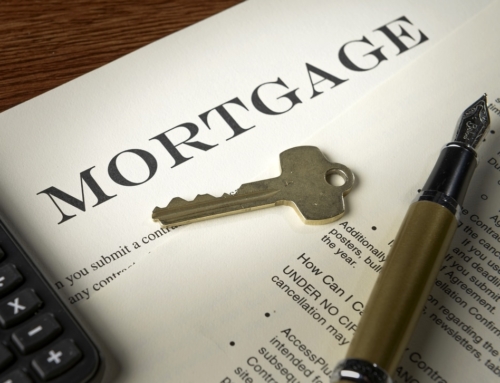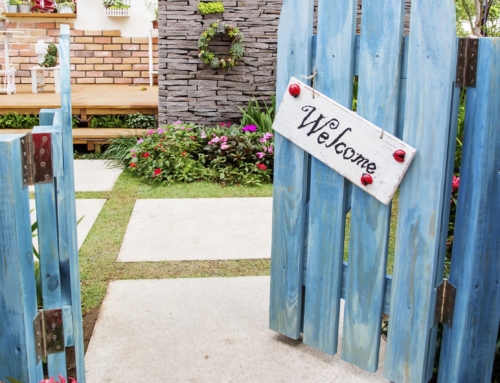Q: We are purchasing a second residence near our grandchildren in another state.
The condo we’re buying will not be completed until May, 2007.
Of course, interest rates are going up and up and that makes us a little nervous. We are considering locking in a 10-year adjustable rate mortgage (ARM). Our mortgage lender tells us the loan can only go up 2 points in the 10 years.
Would this be better than a 30 year fixed-rate loan? What are the disadvantages of a 10-year ARM? We are not sure if we will keep the condo or sell it as time goes by. We have a house that is paid for that is our main residence.
Many thanks for shedding some light on this so we can make a decision.
A: I think you’re a little confused about how 10-year adjustable rate mortgages work. A 10-year ARM typically carries an interest rate that is fixed for the first 10 years. Compared with a 30-year mortgage, a 10-year ARM’s interest rate will be slightly lower, so you’ll save some money. These days the difference in the interest rate between the two loan types is very small.
At the end of the 10-year initial period, the loan will convert into a 1-year ARM, and will adjust up or down, depending on where the index rate is at that time. Most ARMs cannot move up more than 1 or 2 percentage points at the time of the adjustment, and have a lifetime cap of either 5 or 6 percentage points.
So assuming your 10-year ARM carries a starting interest rate of 6.25 percent, when it adjusts in 10 years, it could only jump up to 7.25 or 8.25 percent for the 11th year. Overall, the loan’s interest rate would be capped at 11.25 or 12.25 percent, which limits your risk down the line.
In general, I don’t think that long-term interest rates will rise dramatically over the course of the next year or so. They could go as high as 7 or 7.5 percent for a 30-year fixed rate mortgage. But you can limit your exposure by working with a lender who will allow you to lock in your loan’s interest rate now. Many lenders will also give you the opportunity to lower your rate once before you go to closing on your loan.
If you don’t want to take out a loan on your current home and want to have a loan on the new condominium, you’ll need to spend time talking with various lenders about their new construction loan programs, and then compare what they tell you with what your builder’s lender is offering.
Good luck. I know you will enjoy being near your grandchildren.






Leave A Comment